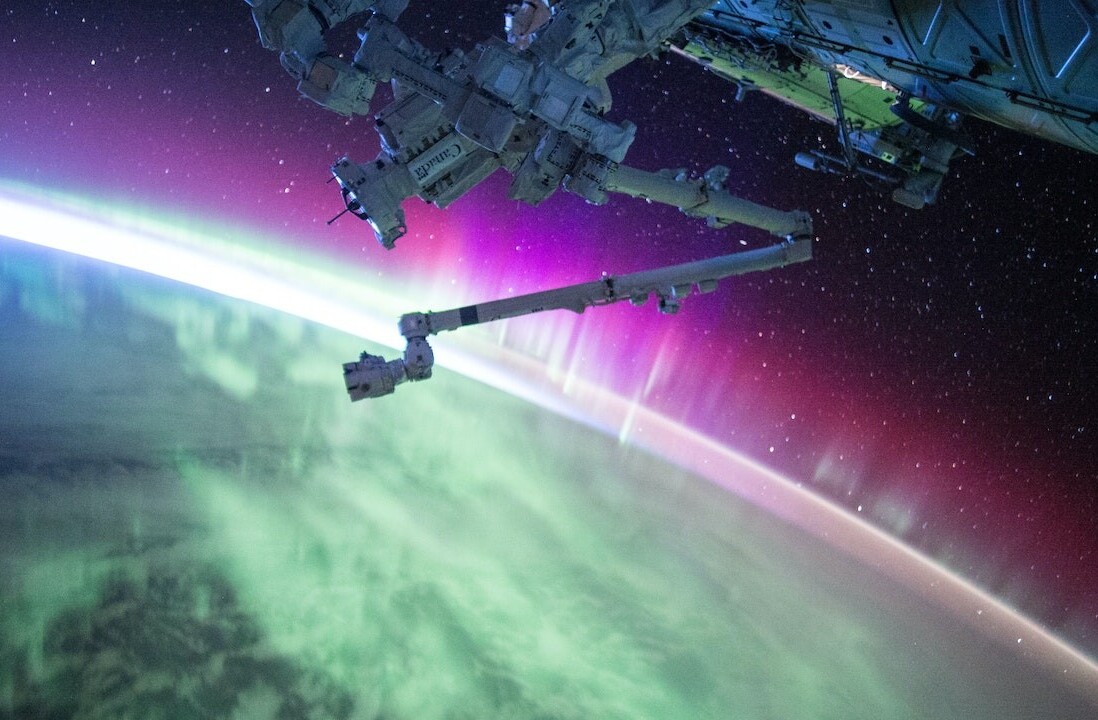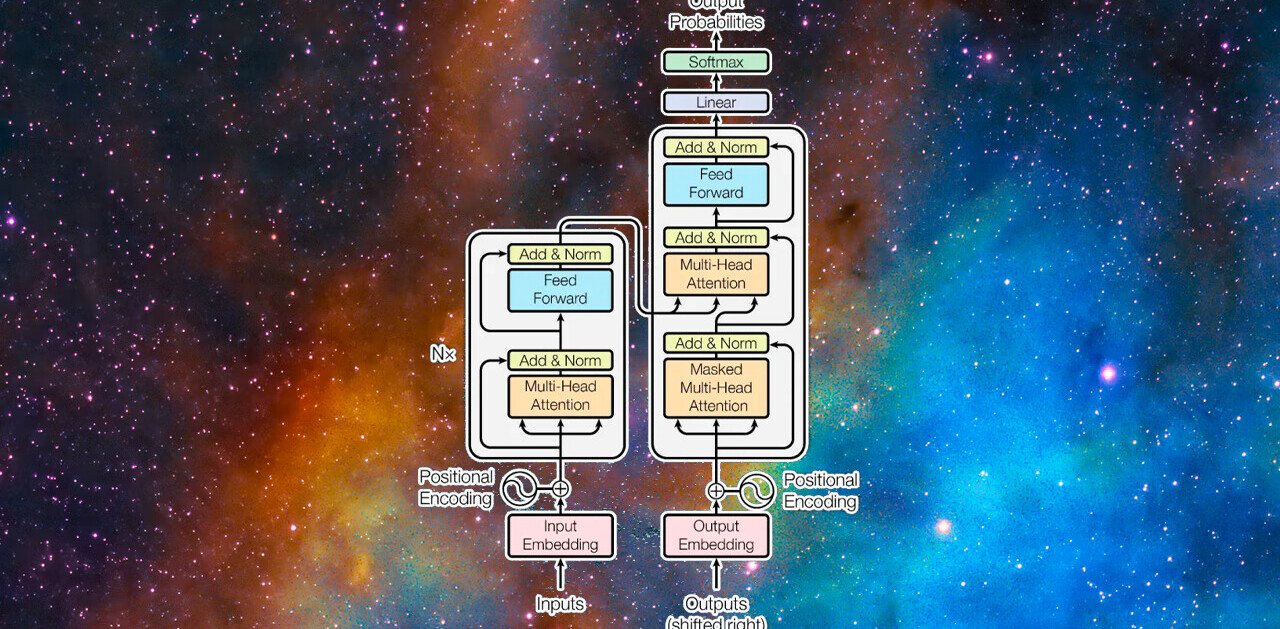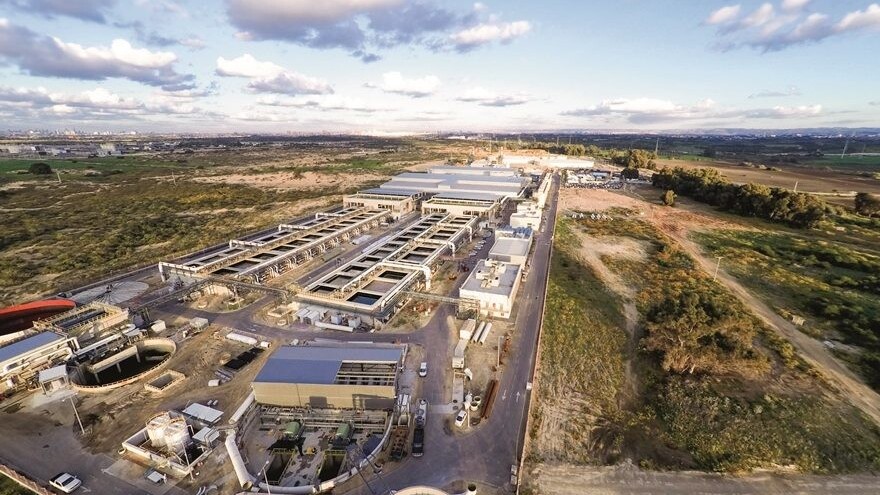
This post was originally published by NoCamels. Check out their excellent coverage and follow them down here:
In the hot and arid Middle East, clean water is liquid gold. Faced with limited rainfall and a grueling climate, Israel has increasingly relied on seawater since it built its first desalination plant in Eilat in the 1960s. Today, about 60 percent of Israel’s domestic water demand is met through desalination – the process by which salt and other impurities are removed from seawater to produce potable water.
“We used to have enough water from the Sea of Galilee and underground aquifers. But in the 1990s, we felt the water scarcity more and more,” Tomer Efrat, process engineering manager at Israel Desalination Enterprises (IDE) Technologies, tells NoCamels. “Every television and radio newscast concluded with an update on the water level in the Sea of Galilee.”
Fortunately, desalination – along with drip irrigation, water recycling and sustainable water conservation policies – has increased Israel’s water supply and amazingly, transformed its water shortage into a water surplus. In fact, Israel is the only country where the desert is shrinking thanks to the abundance of water for agriculture. “Today, no one in Israel experiences water scarcity,” Efrat says.
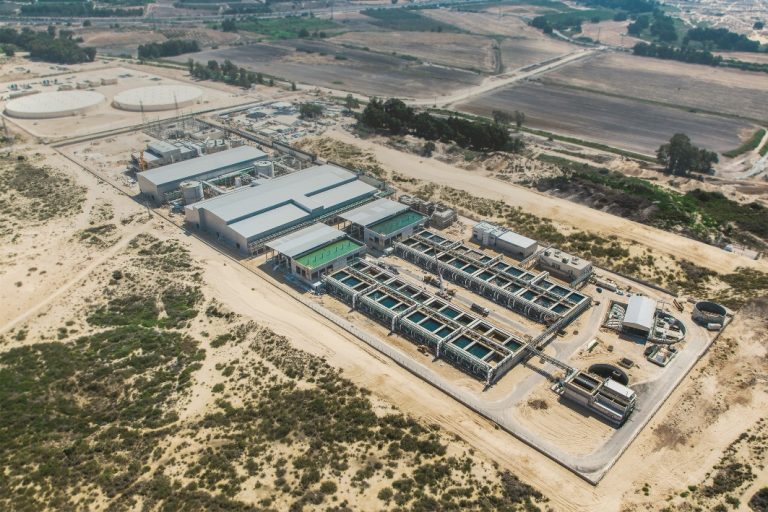
3 million cubic meters of potable water daily
Israel has proven itself as a world leader in desalination after decades of research and entrepreneurship. For example, reverse osmosis – the technique by which seawater is forced through ultra-fine membranes that filter out larger salt molecules – was pioneered by Israeli scientist Sidney Loeb in the 1960s at Ben-Gurion University (BGU), which is located in the Negev, Israel’s largest desert.
Much credit belongs to IDE Technologies, which has built three desalination plants in Sorek, Ashkelon and Hadera, along Israel’s coastline. The internationally renowned company was ranked the world’s 19th smartest company in 2016 by MIT Technology Review, and is sought by countries across the globe. According to IDE Technologies, the company’s 400 plants in 40 countries (which it has built over four decades) provide 3 million cubic meters of potable water around the world daily.
The crown jewel of Israeli water engineering
When visiting IDE’s Sorek facility, it is easy to see why this desalination plant – the largest in the world – is lauded as the crown jewel of Israeli water engineering. This intricate system of mammoth pumps, pipes and filters draws seawater from the Mediterranean Sea to produce enough clean water for the 1.5 million people in the areas around it (roughly 20 percent of Israel’s household consumption).
Standing at the heart of the plant are two large halls containing hundreds of vessels hanging vertically like laboratory test-tubes. This is where the magic of reverse osmosis happens. The busy hum of mega pumps dominates the halls as water is pushed through the plant’s 16,000 desalination membranes. The filtered water undergoes further treatment before visitors can drink a glass of freshly desalted water.
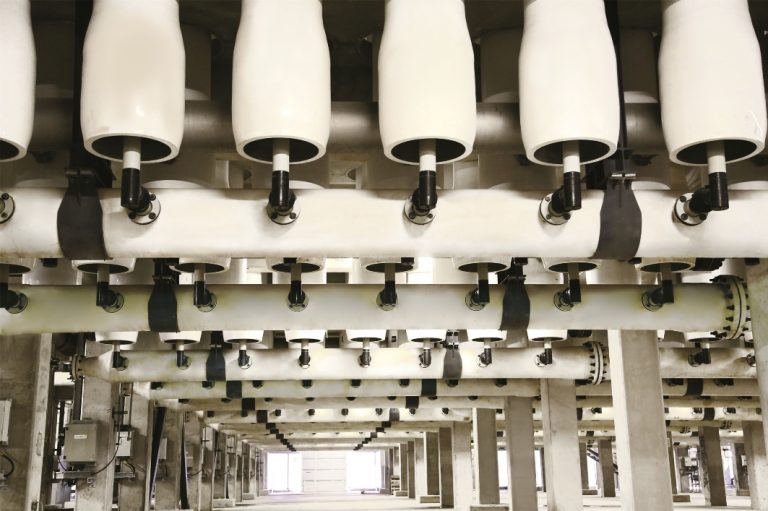
The environmental cost of desalination
With water scarcity affecting more than 40 percent of the global population, according to the UN, there is clearly an urgent need for large-scale solutions like desalination. But critics decry the high cost and high energy consumption of desalination, which can have a negative impact on the environment and on our oceans.
Efrat claims that IDE has taken many steps to reduce the cost and environmental footprint of its plants. For example, the company reduces energy consumption not only by reusing waste heat, but also by keeping its reverse osmosis membranes clean, so that less pressure is needed to push the water through the membranes. “IDE is also the only desalination company that offers chemical-free desalination, which means there is minimal impact on the environment,” he says.
Despite the criticism, desalination is being used globally as a major solution to water shortage. As a world-leader in water technologies, Israel’s experts are helping communities around the globe to harvest water from the ocean.
The Americas
The $1 billion Carlsbad desalination plant was built in 2015 by IDE in San Diego County, California, after its governor had sought help from Israel to overcome its drought-inflicted water shortage. Jerry Brown declared a drought state of emergency in 2014, which was lifted only in April 2017 for most of the state. But the National Drought Mitigation Center issued a warning the same month that approximately 10.3 million Californians are still affected by the drought. And, it’s not a matter of if, but rather when, droughts will hit the state again.
Fortunately, the Carlsbad plant – which is considered the largest in the Western Hemisphere, and was named “Desalination Plant of the Year” by Global Water Intelligence magazine – provides 54 million gallons of water a day for 300,000 Californians, and generates about $50 million for the regional economy. What’s more, IDE is preparing to commission another desalination plant in Santa Barbara, which is expected to be fully operational later this year.

In addition to California, IDE provides affordable desalinated water to coal-fired power plants in Chile. After the successful construction of its first desalination plant in Chile in 1996, the company built three more in 2009, 2010 and 2013.
Asia
Despite its small size, Israel has helped boost the water supply of China and India, the two most populous countries in the world, with over 1.3 billion people each. In China, IDE has built a desalination plant in the coastal city of Tianjin, 200 kilometers from Beijing. The Tianjin plant – the largest in China – uses thermal-based desalination rather than reverse osmosis. “Thermal-based desalination is designed to imitate nature, which produces fresh water by evaporation and condensation,” Efrat explains.
In the Indian state of Gujarat, IDE built India’s largest desalination plant in 1998, which supplies water to India’s largest oil refinery. The plant has proven to be so successful that IDE recently started expansion works, a project that has been shortlisted for the “Industrial Desalination Plant of the Year” by Global Water Awards 2017.
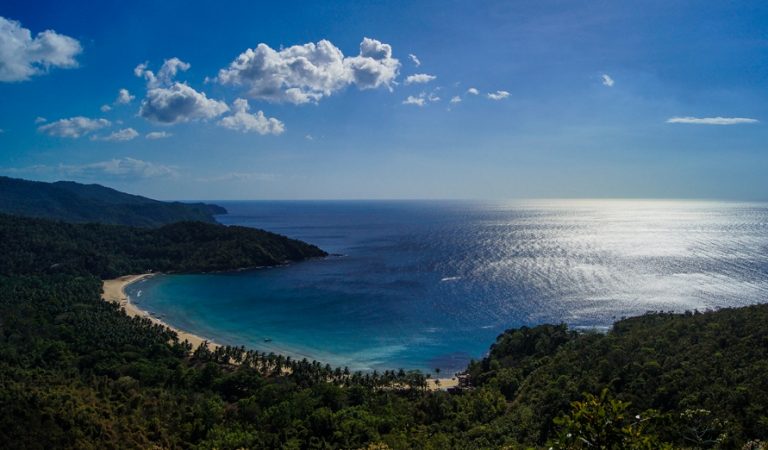
The Middle East
Israel’s geopolitical situation is as heated as its climate. But leaders in the Israeli water industry believe that the country’s desalination technology could be extended as an olive branch to its neighbors.
One ambitious endeavor is the Red Sea-Dead Sea Water Conveyance Project. This is a joint proposal by Israel, Jordan and the Palestinian Authority to pipe water from the Gulf of Aqaba on the Red Sea (in the south of Jordan), clean it in a desalination plant in Jordan, and then use the brine discharge to replenish the shrinking Dead Sea, which is shared by Israel and Jordan. The resulting potable water will be shared by Israelis, Jordanians and Palestinians.

The first phase of this $10 billion project is expected to begin in 2018 and end in 2020. For this first phase, the Jordanian government has shortlisted 20 companies from China, France, Singapore, Canada, Italy, Japan, South Korea and Spain to construct the desalination plant in Jordan and the brine delivery system that will lead to the Dead Sea.
Israel has shown that the innovation of desalination lies not only in its technology, but in its potential use as a bridge between nations. As climate change and population growth continue to place stress on Earth’s finite water resources, Israel hopes to make great strides in desalination and other water technologies to meet the world’s growing demand for water.
Get the TNW newsletter
Get the most important tech news in your inbox each week.



